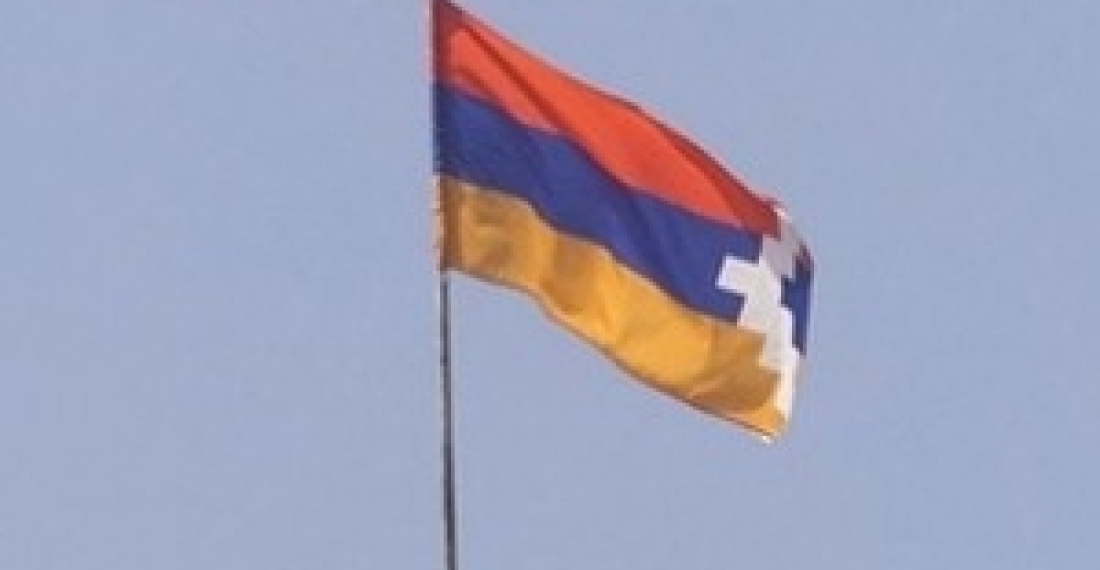"Мы не согласны с утверждениями некоторых политологов, комментаторов о том, что переговорный процесс зашел в тупик и что необходимо менять формат Минской группы ОБСЕ. Переговорный процесс в формате Минской группы выполняет свою миссию. Все проблемы в переговорном процессе однозначно возникают по вине азербайджанской стороны, которая изначально никогда не пыталась искать компромиссов, всегда использовала переговорный процесс в целях антиармянской пропаганды", - заявил исполняющий обязанности министра иностранных дел Нагорного Карабаха Василий Атаджанян в интервью программе "Вестник" Русской службы Общественной телерадиокомпании НКР.
Как сообщает собкор АрмИнфо в Степанакерте, Василий Атаджанян отметил, что в 2011 году внешнеполитический курс страны активизировался, главным образом, в связи с визитами президента НКР в страны Европы и Америки, встречами в парламентах этих стран, в ходе которых глава карабахского государства ознакомил парламентариев с карабахским конфликтом и процессом его урегулирования. И.о. главы карабахского внешнеполитического ведомства отметил также, что значительную активность в противостоянии современным вызовам проявили также постоянные представительства и дипломатические миссии НКР, аккредитованные в международных организациях.
Отвечая на вопрос о необходимости укрепления мер доверия между сторонами карабахского конфликта, и.о. министра ИД НКР сказал: "Армения и Арцах заявляли об этом с первых дней переговорного процесса и продолжают говорить по сей день. К сожалению, как показывает практика, Азербайджан не просто не готов, но и игнорирует эти меры". В качестве примера тому Василий Атаджанян привел категорический отказ официального Баку от предложения по отводу снайперов с линии соприкосновения вооруженных сил Нагорного Карабаха и Азербайджана, а также блокирование азербайджанской делегацией на заседании Постоянного совета ОБСЕ запроса на повышение финансирования Офиса Личного представителя Действующего председателя ОБСЕ, обусловленного необходимостью укрепления возможностей Офиса ЛПДП для проведения расследований инцидентов на линии соприкосновения.
Василий Атаджанян назвал авантюрным идею т.н. "межобщинного диалога", которая, по его словам, несет в себе угрозу всему переговорному процессу. "Здесь вырисовывается турецкий сценарий в отношении кипрской проблемы, который Азербайджан хочет взять на вооружение, превратив переговорный процесс в межобщинное урегулирование. Хочу сказать, что эта авантюра изначально была обречена на неудачу. Мы такой формат не принимали, не принимаем и не намерены принимать в будущем", - подчеркнул и.о. министра ИД НКР. При этом он отметил, что позиция НКР заключается в том, что статус Нагорного Карабаха не может быть ниже того, который сегодня существует де-факто. "Решение проблемы должно начаться с решения вопроса статуса. Как только будет решен вопрос статуса, воцарится мир, восстановятся добрососедские отношения, экономические контакты и т.д.", - отметил Василий Атаджанян.







